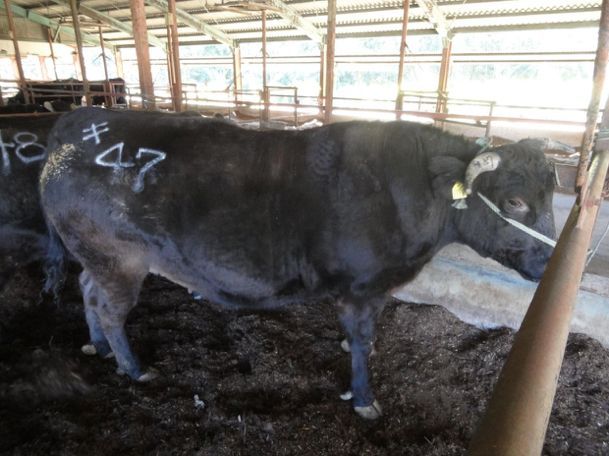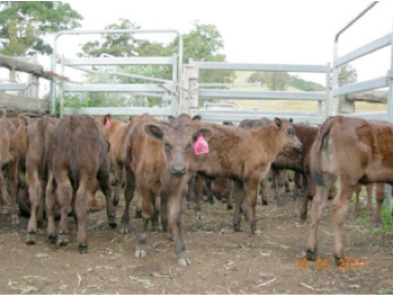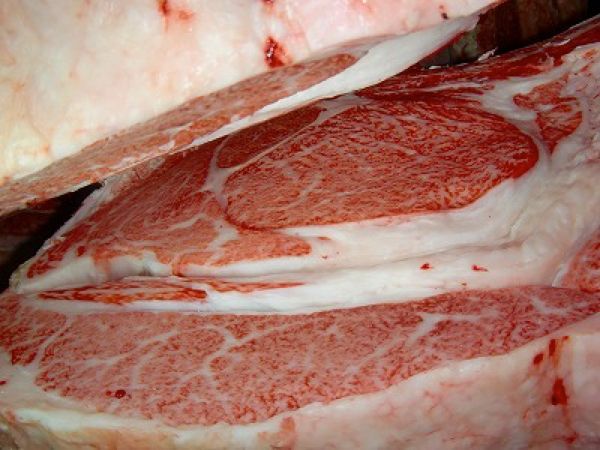The internationally successful Ginjo Wagyu breeding herd and fullblood Wagyu genetics business has been purchased for an undisclosed sum by the Roma-based Hancock Family Trust, managed by Peter and Karen Hancock, of ‘Ardentrive’, via Roma.
The sale, into the heart of Australia’s Wagyu production country, was managed by Elders Wagyu specialist James Matts, for vendors Mike and Maggie Buchanan, of Tea Gardens and Gloucester, NSW.
The Ginjo herd is internationally renowned for large-framed Japanese Blacks bred for ‘pedigree equivalence’ with the mainstream of the Japanese commercial Wagyu market. Although herd development has relied substantially on Wagyu BREEDPLAN, with strong Index performance evident in the sale group; Ginjo selection has also been substantially influenced for well over a decade by Japanese commercial selection practices, which apply both national carcass EBVs and breed-specific expertise to focus on growth, yield and other traits in addition to marbling.
To emulate production outcomes and accomplish the target of ‘pedigree equivalence’ with the best Japanese Wagyu, Ginjo principals spent over a decade identifying and integrating rare Tottori/Kedaka genetics to create a core breeding group. Tottori genetics have shared production dominance in Japan since the 1960s, alongside Hyogo/Tajima strains, but are rare in the international herd beyond two famous foundation sires, Hirashigetayasu and Itomoritaka.
With all international foundation animals now believed dead, and no previous effort at the industry level to maintain rare resources, residual diversity of Tottori/Kedaka genetics was low in the Australian herd when the ‘gene recovery’ project begun. Most genetics recovered were from foundation generation females imported by Westholme Wagyu. A substantial core group is now established in the new Hancock ‘Ginjo’ herd.
In Australian pastoral conditions, this selection regime generally delivers enhanced maternal traits; and larger, more profitable fullblood calves with increased vitality and reduced morbidity.
A battery of ‘recessives free’ fullblood AI sires and genetics accompanies the sale; some sires being well established in the international marketplace, including one with over 1000 registered fullblood calves in Australia alone. A new generation of sires is due to be launched in coming months. Genetics have been sold worldwide for over a decade, with destinations including the Middle East, UK, EU, United States, Namibia, South Africa and New Zealand.
Mike Buchanan continues to breed Japanese Blacks through Buchanan Wagyu (AWA Identifier (BUC).
Let’s Talk About Your Wagyu Breeding Plan
We'll Find the Right Wagyu Breeding Solution for You
Call us:



